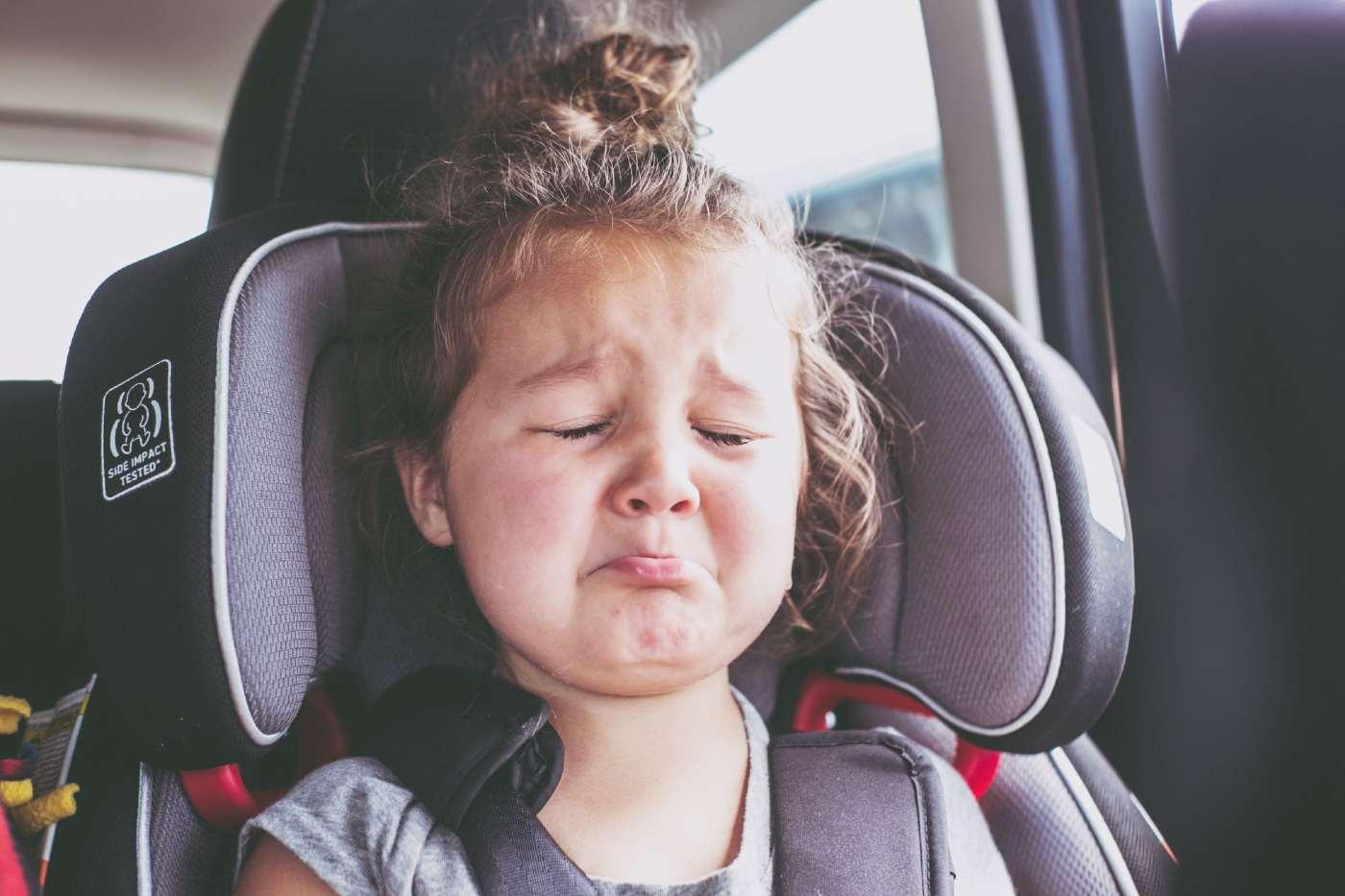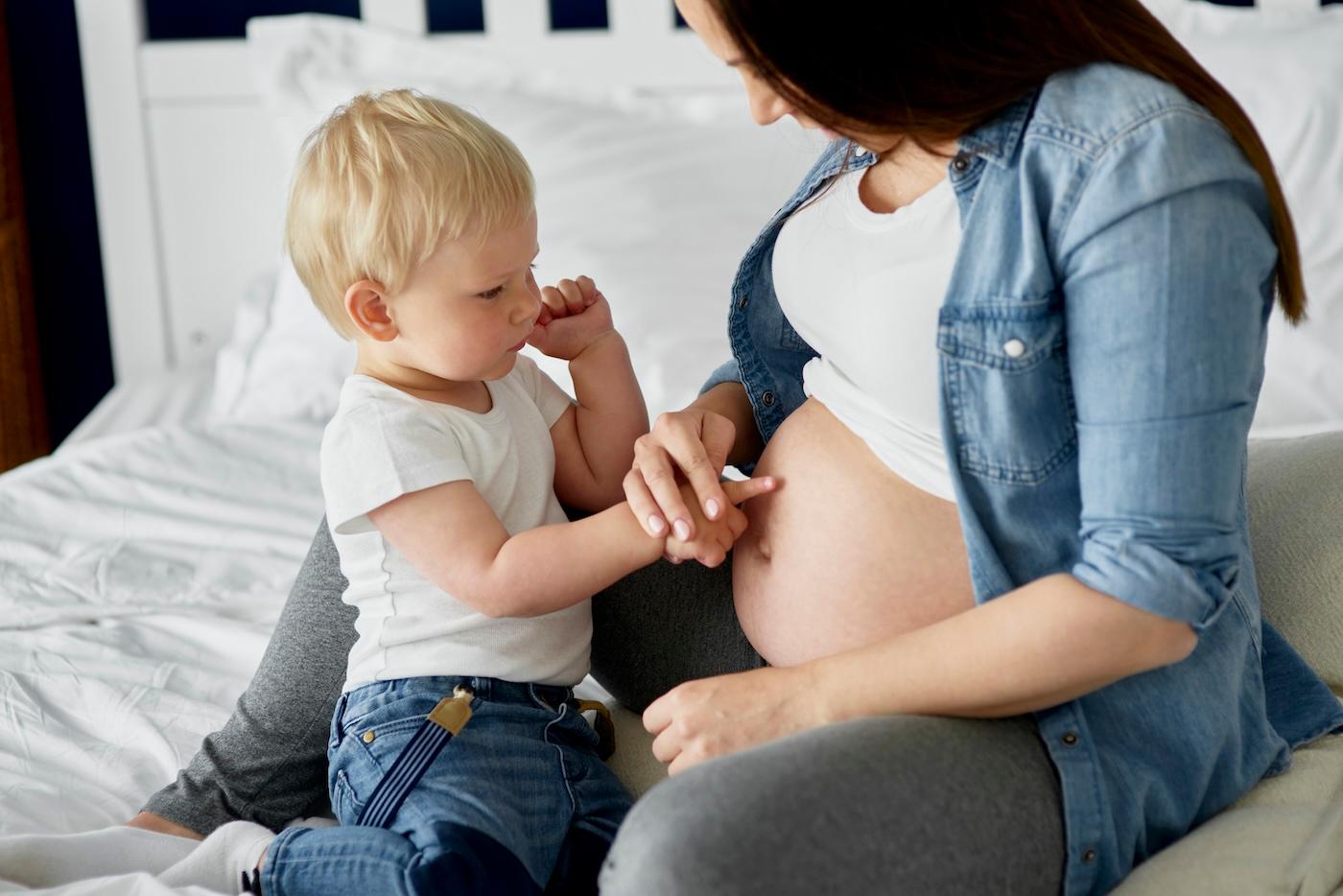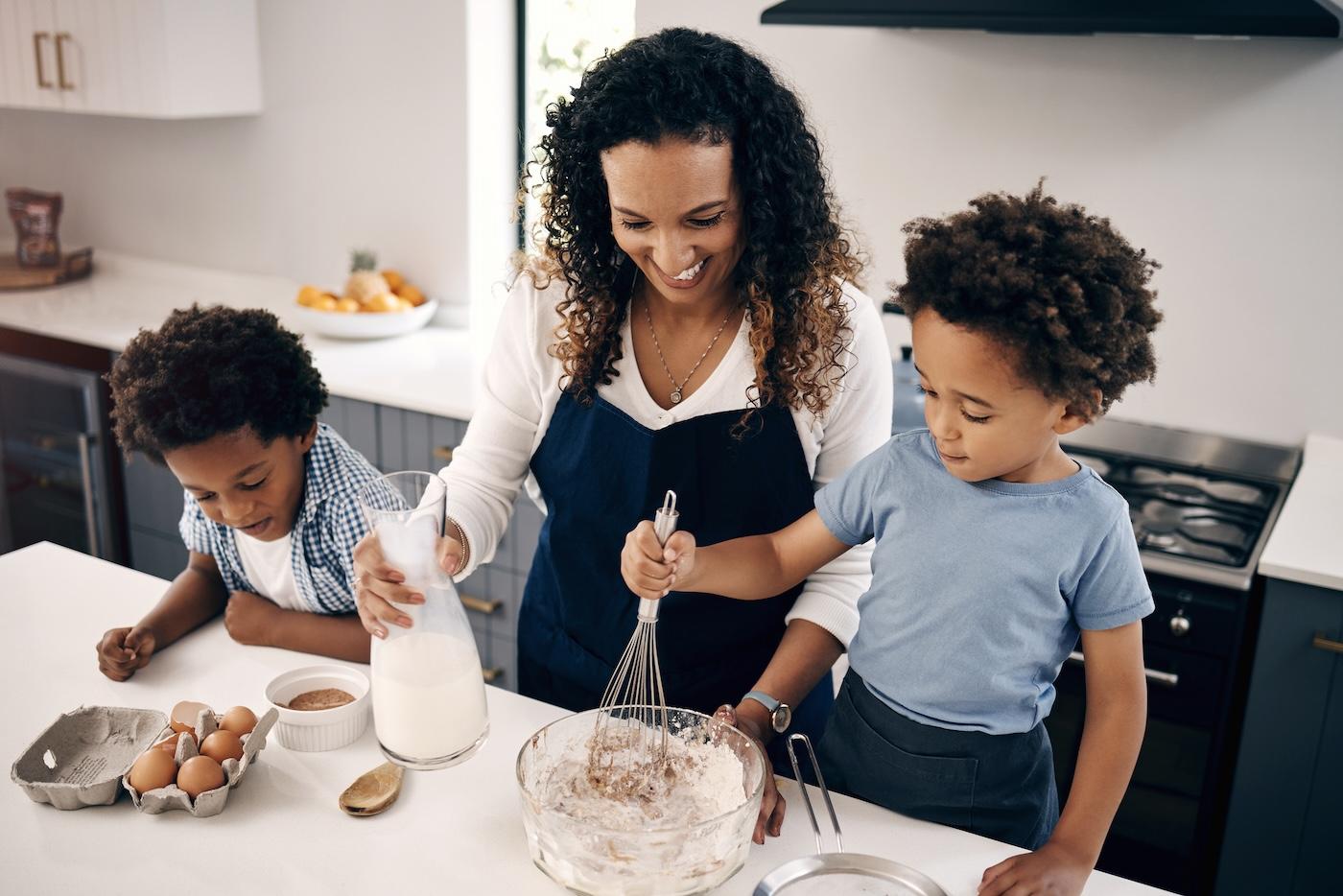TODDLER
A Scary Tantrum Side Effect: Breath-Holding
If you have experienced this frightening situation, you have probably wondered how to deal with them in the moment…and how to prevent them from happening again.

Written by
Happiest Baby Staff

Here is a scary tantrum side effect: Your toddler is wailing and screaming so hard that they pass out! If you have experienced this frightening situation firsthand, you have probably wondered how to deal with toddler breath-holding spells in the moment…and more importantly, how to prevent them from happening again.
The good news is that while breath-holding during a tantrum looks really scary, fortunately it is usually not a big deal. Typically, what happens is that young toddlers (15- to 30-month-olds) suddenly get upset (mad, scared, or startled) and try to cry, but although their mouths open, no sound comes out. For 30 to 40 seconds, they keep getting bluer (or paler) until they pass out. (Sometimes the body may twitch a little too.)
In essence, these kids 'forget' to breathe! But the instant they pass out, their breathing starts again automatically, and they revive in seconds.
If you can reach your child before he passes out, wet your hand and sprinkle a little cool water right in his face or puff hard a few inches from his face for several seconds (like you are blowing out birthday candles). This can often prevent a spell and make the child gasp, sputter, and start breathing.
Simple breath-holding spells are not dangerous. There is no risk of injury (as long as they do not fall and hit their heads). Nevertheless, you should immediately call your doctor to make sure it was not due to a seizure or other medical condition (like anemia). Ask your healthcare provider if your child needs an iron supplement to keep the spells from happening again.
Hopefully reading this has made you feel like you can…breathe a little easier.
Disclaimer: The information on our site is NOT medical advice for any specific person or condition. It is only meant as general information. If you have any medical questions and concerns about your child or yourself, please contact your health provider. Breastmilk is the best source of nutrition for babies. It is important that, in preparation for and during breastfeeding, mothers eat a healthy, balanced diet. Combined breast- and bottle-feeding in the first weeks of life may reduce the supply of a mother's breastmilk and reversing the decision not to breastfeed is difficult. If you do decide to use infant formula, you should follow instructions carefully.
SHARE THIS ARTICLE
PARENT PICKS
Bestsellers



















